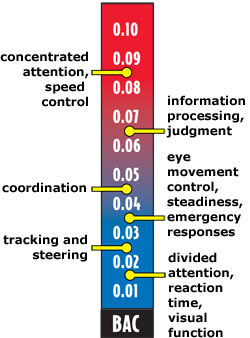 A beguiling album of thoughtful country, folk and blues
A beguiling album of thoughtful country, folk and blues
Friedman’s latest, recorded in 24 hours with only one overdub, fits even more deeply into the singer-songwriter realm than 2009’s Weary Things. His strummed acoustic guitar is backed by the electric leads of producer David Goodrich and the fingered and bowed stand-up bass of Stephan Crump. Friedman’s narrative vocal tone brings to mind Leonard Cohen, but the instrumental conversations lean to languid improvisation, and his lyrics aren’t as poetically elusively. Friedman’s a Brooklyn hillbilly whose hard-scrabble living in the outer boroughs leads him to the old-timey string band sound employed on “Old Pennsylvania,†and lyrics that imagine the city’s genteel yesteryear.
The opener, “It’s Time for Church,†provides a microcosm of Friedman’s talent – a vocal that resonates with hints of Dave Alvin, and a lyric that cleverly turns away from the title’s implication, feints back and then lands its final rejection. It’s a song about religion, but not the endorsement you’d expect. Friedman is a keen observer of his own days and the details of imagined lives and places. “Nothing with My Time†and “Quiet Blues†each contemplate what Friedman’s doing when he’s doing nothing, and “Pretty Great†offers the clear-eyed view of youth that’s only visible in rear view mirror. Friedman’s earlier years as a spoken-word poet are reflected in the short “Schroon Lake,†and his father-in-law’s poetry, written shortly before his passing, forms the core of “May I Rest When Death Approaches.â€
Death also hovers over the electric blues “Roll On, John Herald,†with Goodrich raging away on electric guitar. More idyllic are Friedman’s dreams of long-gone summer retreats in the faded snapshots of “Motel on the Lake,†the warmth of a tour’s end in “Going Home (Drifter’s Blessing),†and the nostalgic “Down by the Willow.†The latter features a hypnotic, psych-inflected guitar jam by Goodrich. Friedman’s always been a fine songwriter and compelling performer, but on his third album there’s a heightened symbiosis between the two. The trio is terrifically sympathetic to his songs, adding emotional color and texture without overshadowing the lyrics, and Friedman’s vocals fit fluidly into the music. [©2011 hyperbolium dot com] ![]()
![]()








